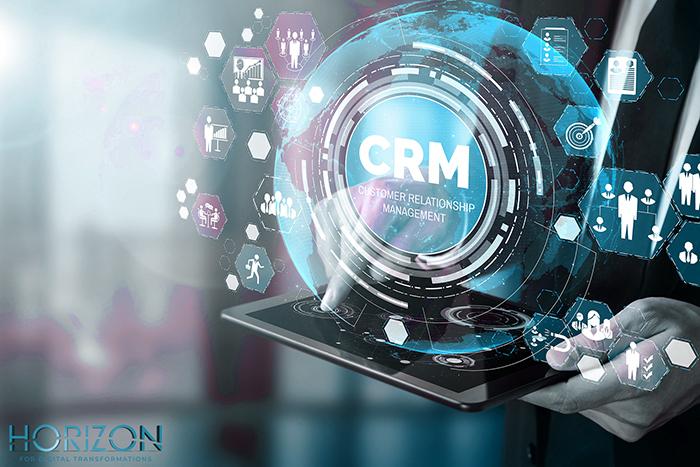
Many growing businesses ignore the importance of investing in business technology that includes both
hardware and software. Most businesses hang on to their basic accounting solution or pieced-together
solution or legacy ERP software until a change is urgently required.
ERP software increases an organisation’s agility and flexibility can be used to automate many aspects of the business.
Businesses can also avail new and modern technologies such as IoT (Internet of Things), artificial intelligence,
machine learning, augmented reality, and more – that are synonymous with most next-generation ERP applications.
Businesses of all sizes can benefit from the use of ERP. Key benefits include cost savings, resource optimisation,
reducing manual & repetitive tasks, and minimising human errors.

A quality Enterprise resource planning (ERP) solution is critical for any business, because it is the core of a business or organization. A fully integrated ERP system allows the seamless flow of information across different departments and functions. It also helps to streamline business processes and improve overall business functions. Typically, an ERP solution covers broad and deep end-to-end processes such as finance, human resources, warehousing, manufacturing, customer relationship, order management, marketing, sales, project management, and more.
The importance of CRM in business
A first is how customer-centricity increases the productivity of core business processes such as sales, support and marketing. Better lead qualification and reduced time spent sending leads through the sales funnel can increase sales by as much as 29%. A proactive Visma business unit in Finland recently finished an 18 month CRM project, and even managed to double its sales per salesperson(!). Similarly, for support, customer-centricity increases customer satisfaction, which can reduce churn rates with as much as 27%.


